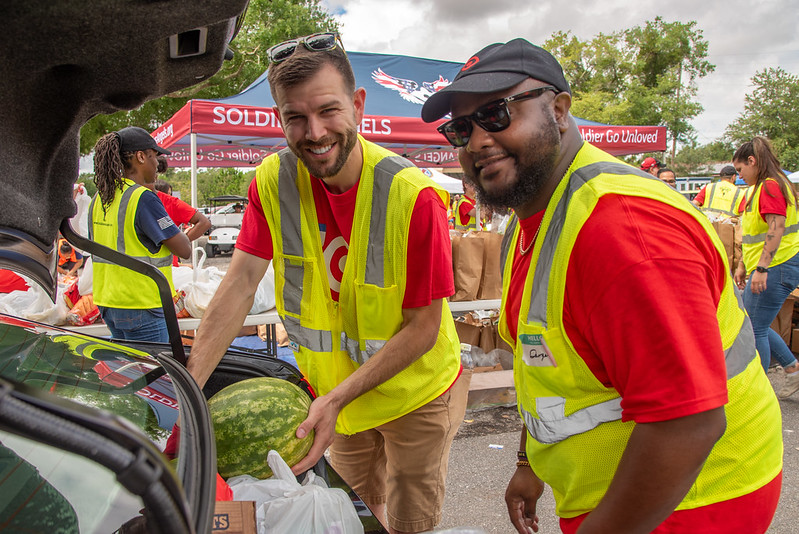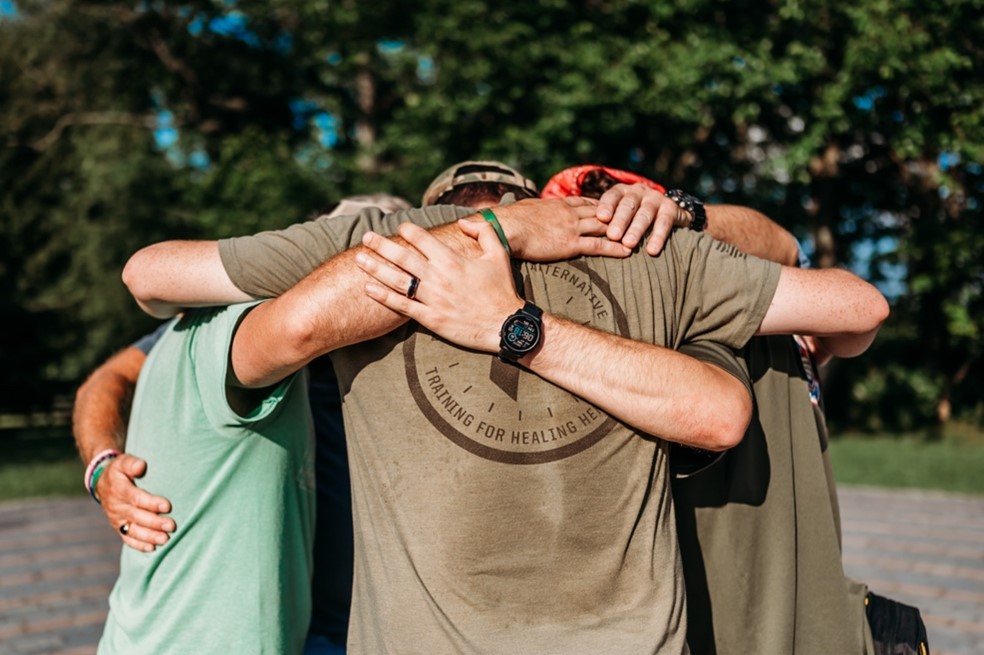The sharing of any non-VA information does not constitute an endorsement of products and services on the part of VA. Veterans should verify the information with the organization offering.
Psych Hub is dedicated to educating individuals and their families about mental health. Every Veteran’s life is valuable. If you or someone you know is struggling, help is available. By coming together, we can combat the stigma surrounding mental health and show that there is hope, even in the darkest moments.
As we recently recognized Suicide Prevention Month, there is no better time to put our mental health at the forefront. We think about taking care of our physical health as prevention to not get physically ill, but equally as important, we need to think about protecting our mental health so we don’t get mentally sick.
The problem is real. In 2022, there were 49,500 deaths by suicide in the U.S., making it the 12th leading cause of death in the country. Veterans are at a 57.3% higher risk of suicide compared to their civilian counterparts.
What is suicidal ideation?

What You Can Do Today
- Connect with others. Isolation can be dangerous. Reach out to a friend, fellow Veteran or family member.
- Know the signs. If you or someone you know is withdrawing, feeling hopeless or expressing thoughts of suicide, seek help immediately.
- Take care of yourself. Prioritize your mental health just like you would your physical health.
- Get educated. Knowledge is power. Being educated about your mental health empowers you to build resilience, leading to overall well-being and a better quality of life.
- You are not alone. It’s important to remember reaching out for support is not a sign of weakness but can be a courageous step toward healing.
- Don’t Wait. Reach Out. Suicide is complicated and difficult life events—such as employment struggles, financial pressures, or relationship problems—can increase the risk. The “Don’t Wait. Reach Out.” campaign aims to help Veterans cope with various life challenges before they become too much to handle.
Free Resources
- The Suicide Prevention Playlist on YouTube offers free videos to help identify the signs of someone in crisis and the best ways to provide support. From learning how to talk openly about suicide to recognizing early warning signs, these tools can make a life-saving difference.
- The Mental Health Resource Hub hosts articles on many topics and tips.
- PsychArmor offers several free educational content and resources for Veterans and those who support them.
Together, We Can Make a Difference.
Psych Hub on Facebook https://www.facebook.com/PsychHubEd/.
Psych Hub on Instagram https://www.instagram.com/psychhubeducation/.
PsychArmor on Facebook https://www.facebook.com/PsychArmor.
Psych Armor on Instagram https://www.instagram.com/psych_armor/.
If you’re a Veteran in crisis or concerned about one, contact the Veterans Crisis Line to receive 24/7 confidential support. You don’t have to be enrolled in VA benefits or health care to connect. To reach responders, Dial 988 then Press 1, chat online at VeteransCrisisLine.net/Chat, or text 838255.
Topics in this story
Link Disclaimer
This page includes links to other websites outside our control and jurisdiction. VA is not responsible for the privacy practices or the content of non-VA Web sites. We encourage you to review the privacy policy or terms and conditions of those sites to fully understand what information is collected and how it is used.
Statement of Endorsement
Reference herein to any specific commercial products, process, or service by trade name, trademark, manufacturer, or otherwise, does not necessarily constitute or imply its endorsement, recommendation, or favoring by the United States Government, and shall not be used for advertising or product endorsement purposes.
More Stories
Soldiers' Angels volunteers provide compassion and dedication to service members, Veterans, caregivers and survivors.
Veterans are nearly three times more likely to own a franchise compared to non-Veterans.
Built by Veterans for Veterans, Warrior PATHH is an in-person program designed to train you to manage struggle, trauma and hardship.







So it said you offer articles on all kinds of mental health. I click on it and all the articles are on suicide????
I need help with a loved ones Bi-polar issues .
The problem I have with these articles is if you are just wanting information on basic mental health needs, you have to be confronted immediately with the stigma of suicide by be directed to only information about suicide or suicide prevention. I understand why this is done but it alienates Veterans like myself who need some basic mental health guidance not suicide prevention. Not all mental health patients or prospective patients are suicidal or want to be confronted with it. I have a feeling this could be hurting rather than helping driving the Veteran away rather than bringing them together with the information they are seeking by clicking The Mental Health Hub and the first thing you see is suicide suicide suicide and this is exactly why so many don’t want to seek help because they don’t want the stigma known as suicidal. Thanks – John
I agree with you 100%.
I also agree 100%. About 2 years ago our nephew ( veteran of the Gulf wars) committed Suicide. It hurt me really bad. I called the Hotline for advice on how to deal with it. Eventually I was setup I got setup to visit a VA councilor . The appointment was 6 weeks out. By the time the appointment dat came my grief had passed and it seemed like a waste of everyone’s time
I’m just feeling like I’m in a deep depression mood and I don’t know how to feel better about myself.